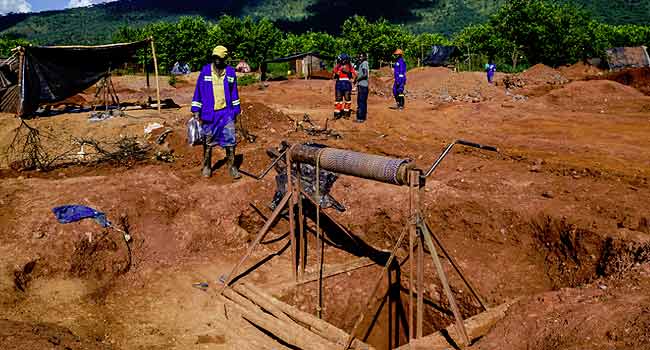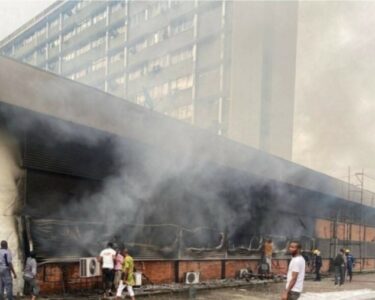Nigerian miners in Central African Republic
Chinese embassy investigates alleged abandonment
Summary
- The Chinese Embassy in Nigeria has launched an immediate investigation into reports that a Chinese mining company, identified by some sources as Rado Central Coal Mining Company, allegedly abandoned six Nigerian miners in the Central African Republic (CAR)
- The allegations surfaced via a viral video showing the miners claiming they were recruited in Nigeria in September 2024, transported to CAR, and left stranded in a remote region without pay for over six months, with their passports seized
- The Nigerians in Diaspora Commission (NIDCOM) and the Nigerian Embassy in Bangui have intervened, retrieving the miners’ passports and arranging their transportation to Bangui for eventual repatriation to Nigeria
- The incident has ignited public outrage and intensified discussions about the perils of undocumented labour migration and the operational oversight of foreign companies in Africa’s mining sector
Abuja, Nigeria – The Chinese Embassy in Nigeria has initiated a full investigation into allegations that a Chinese mining company, reportedly Rado Central Coal Mining Company, abandoned six Nigerian miners in a remote area of the Central African Republic (CAR).
The issue gained widespread attention after a viral video surfaced, showing the distressed miners claiming they were recruited in September 2024, taken to CAR, and left stranded in the Bambari region after more than six months of unpaid labour.
The miners alleged that their passports were confiscated, and they were denied adequate shelter or payment. Some also claimed they were detained in Bangui, the CAR capital, for four months before being moved to the rural mining site.
In response to the mounting concerns, the Chinese Embassy issued a statement on July 25, 2025, confirming it is taking the matter seriously and has launched an immediate investigation to verify the facts.
The embassy reiterated that the Chinese government requires its enterprises and citizens operating abroad to strictly adhere to local laws. It pledged to urge the involved company to address the issue appropriately and maintain close communication with Nigerian authorities to safeguard the rights of citizens from both nations.
Meanwhile, the Nigerians in Diaspora Commission (NIDCOM) and the Nigerian Embassy in Bangui have swiftly intervened. Their efforts have led to the retrieval of the miners’ passports and arrangements for their transportation from the remote site, an eight-hour journey, to Bangui, the CAR capital.
The Nigerian Ministry of Foreign Affairs confirmed that the miners are expected to arrive in Bangui today, July 26, 2025, with preparations underway for their repatriation to Nigeria. The ministry also advised Nigerians abroad to register with their respective embassies to mitigate similar consular challenges in the future.
The incident has sparked significant public outrage across Nigeria, renewing critical discussions about the inherent risks associated with undocumented labour migration and the regulation of foreign companies operating in Africa.
Stakeholders, including human rights organisations, have called for greater accountability and more robust regulatory frameworks for overseas labour agreements to protect Nigerian workers, particularly in high-risk industries like mining.
This case also brings to light broader concerns regarding Chinese mining operations across the African continent. Previous reports have documented allegations of illegal mining, environmental violations, and labour abuses by Chinese firms in various African countries, including Nigeria, the Democratic Republic of Congo, and Namibia.
While the Chinese Embassy has often refuted such claims as unverified, this latest incident further underscores the need for transparent and equitable practices in the sector.







